The Path to Net Zero
Learn about the concept of net zero emissions and why it is essential to the future of society. Then, explore what it will take to achieve the goal of net zero by the year 2050 — the date by which scientists have determined we need to stop adding new emissions to the atmosphere to limit global warming to 1.5 degrees Celsius. Finally, find out what technologies we need to bring to markets and what policy changes we might need to achieve that goal.
Additional Materials
Want to read the episode instead of viewing it or want to quote one of our experts? Download a rich text file of the episode transcript.
Need to show this episode offline? Download the original video file so that you can watch without an internet connection. Perfect for areas with slow internet or where YouTube is blocked.
Experts in this Episode
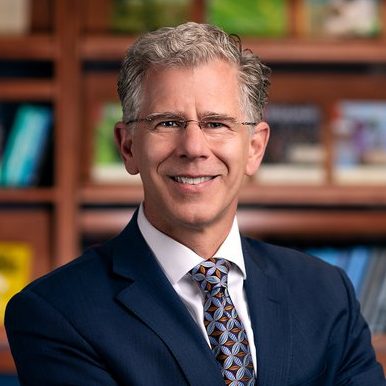
Dr. Richard G. Newell
Dr. Newell has published widely on the economics of markets and policies for energy and the environment, including issues surrounding global climate change, energy efficiency, and energy innovation.
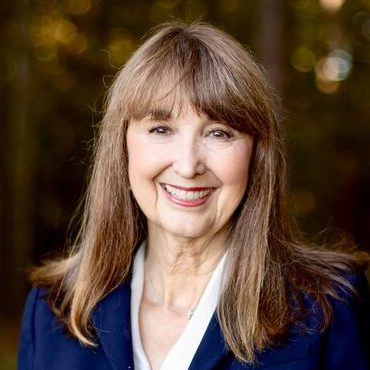
Dr. Virginia Burkett
Virginia was as a Lead Author of the United Nation’s Intergovernmental Panel on Climate Change (IPCC) Third, Fourth and Fifth Assessment Reports and the IPCC Technical Paper on Water.
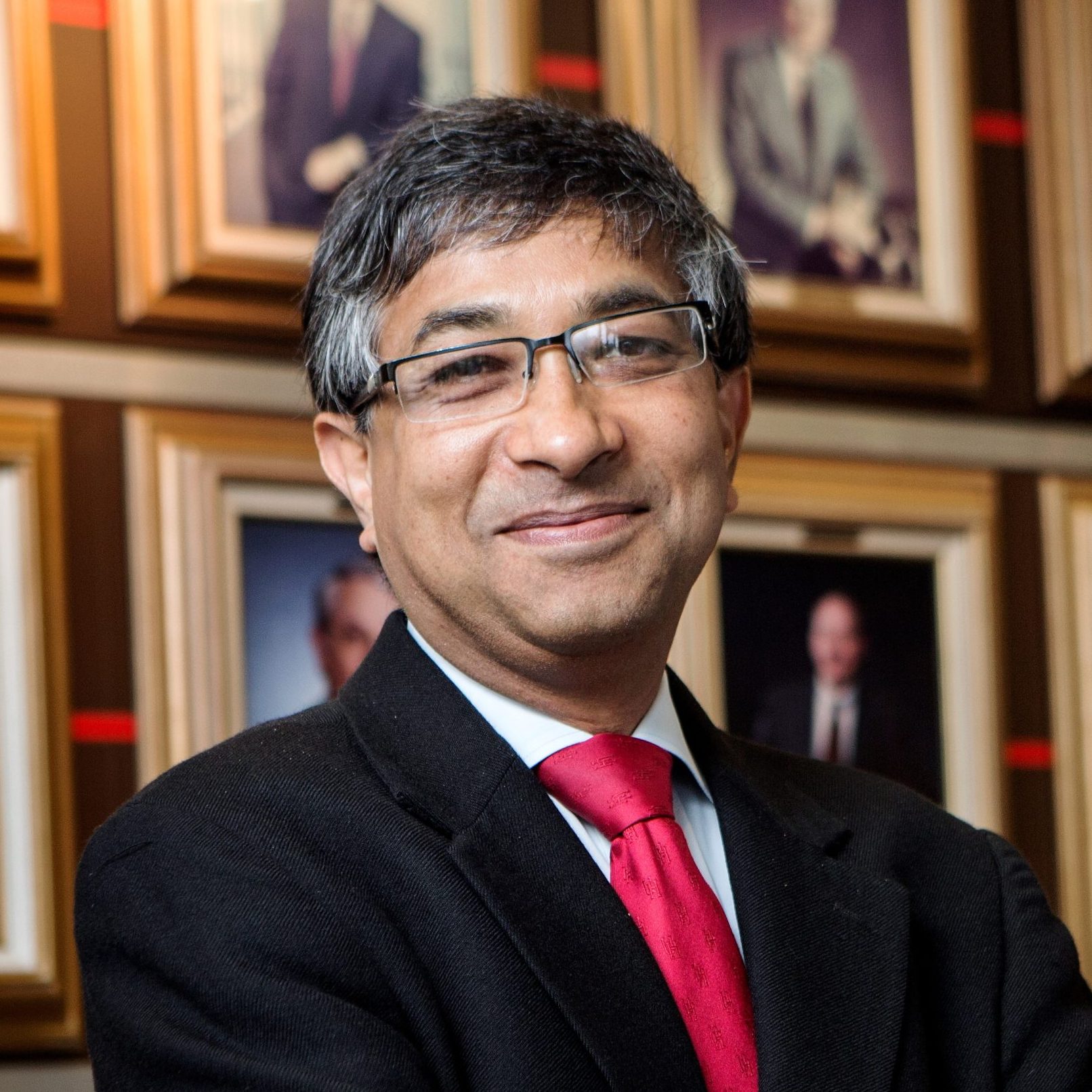
Dr. Ramanan Krishnamoorti
Dr. Krishnamoorti has served as a department chair of the UH Cullen College of Engineering’s chemical and biomolecular engineering, associate dean of research for engineering, and professor of chemical and biomolecular engineering.
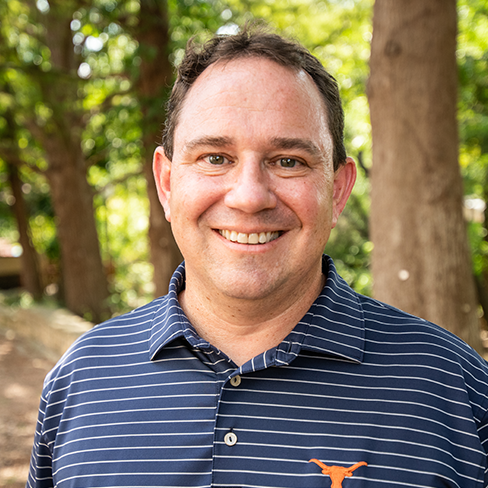
Dr. Michael Webber
Dr. Webber’s expertise spans research and education at the convergence of engineering, policy, and commercialization on topics related to innovation, energy, and the environment.
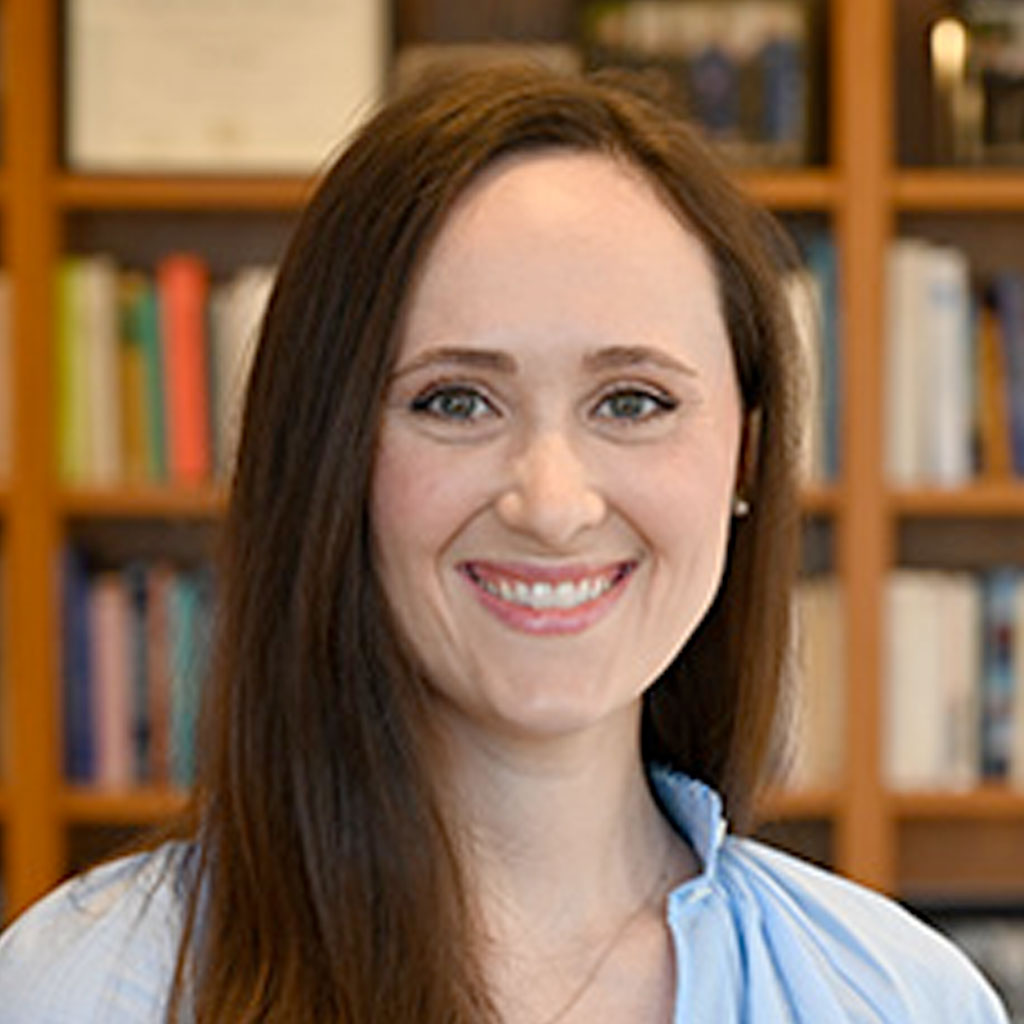
Isabella Gee
Prior to joining the Foundation, Isabella’s main research focus was on energy systems modeling and decarbonization, with a background in the food-energy nexus.
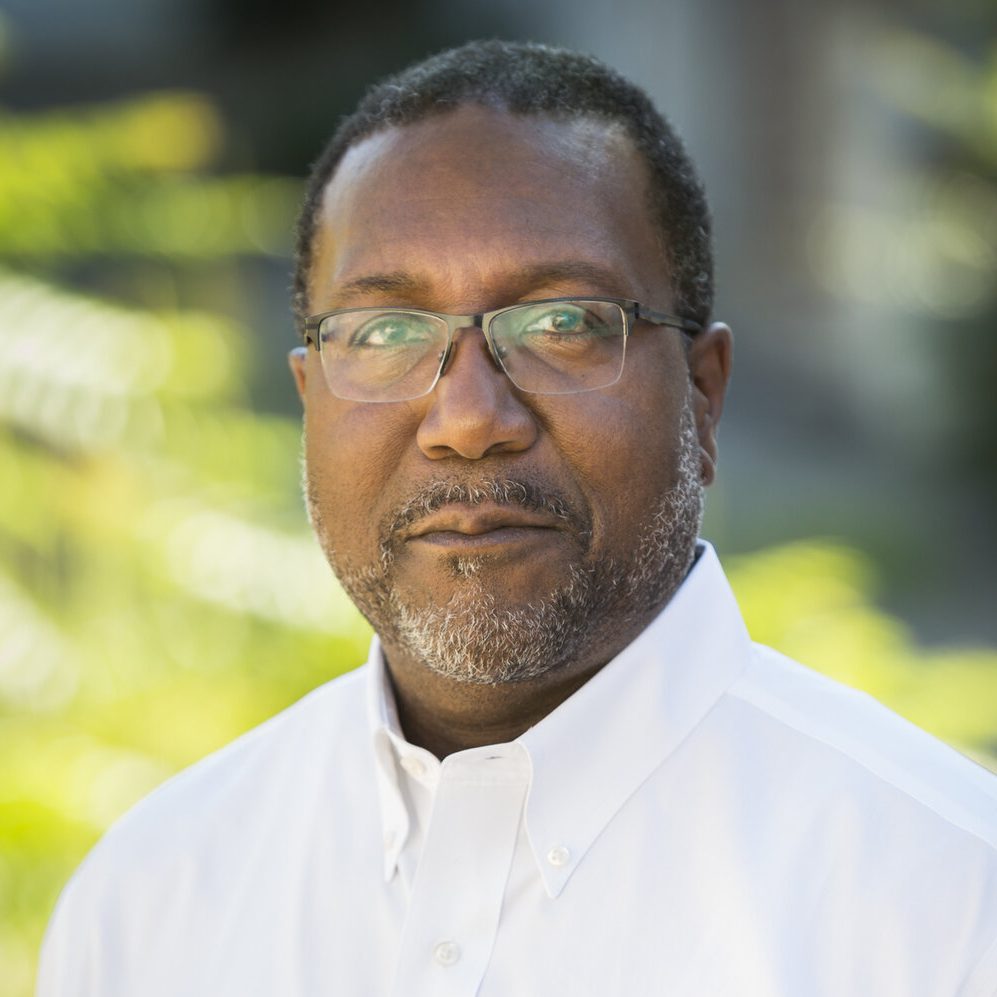
Eric Drummond
Mr. Drummond has more than 25 years of business, and complex administrative law experience, with a focus in emerging technology, next generation digital architecture, and alternative energy issues.
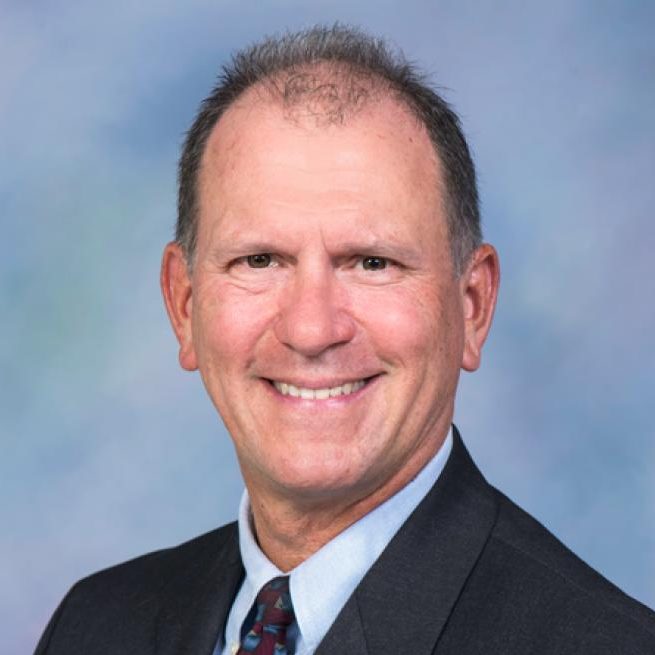
Mark Finley
Mark Finley is the fellow in energy and global oil at Rice University’s Baker Institute. He has over 35 years of experience working at the intersections of energy, economics and public policy.

